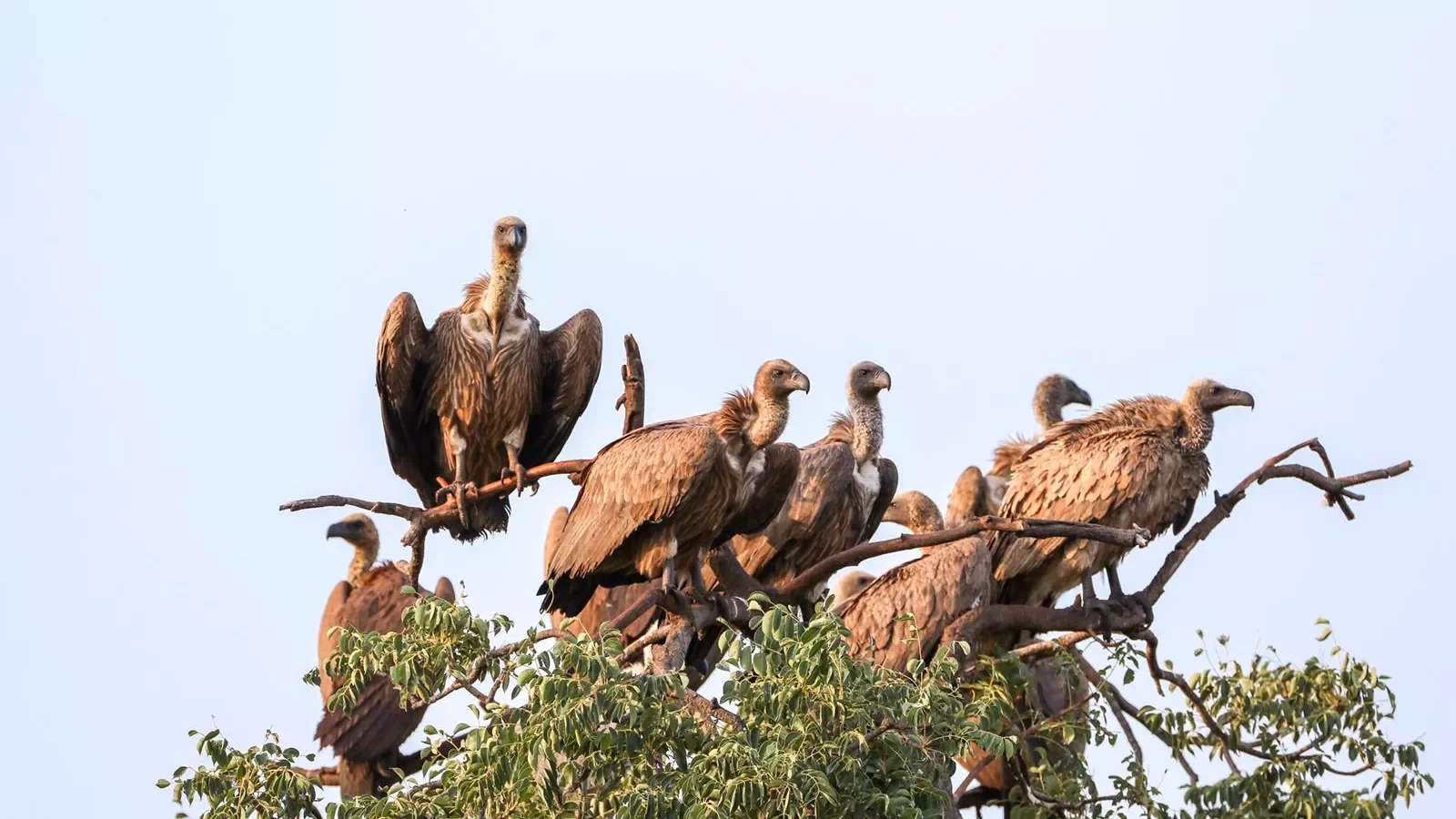Deep on death
An exploration of grief, endings, and what it means to live fully.
In much of contemporary Western culture, death is hidden away—something to be dealt with quickly and privately. Yet our collective fear and avoidance of death shapes the very crises we face: ecological collapse, loneliness, overconsumption, disconnection from ancestry and place. We believe that engaging with death is not only about learning how to die, but also about learning how to live—together, with humility and care.
Over the past years, we have begun researching cultures and rituals that hold death differently:
Varanasi, India – witnessing open-air cremations along the Ganges, where death is part of public life.
Madagascar – exploring famadihana, the turning of the bones, and animist traditions where every tree, stone, and river is alive.
Sulawesi, Indonesia (planned) – learning from the Toraja people and their practice of keeping the dead among the living.
Greenland (planned) – an expedition into darkness, myth, and ecological death.
These encounters show us that grief can be communal, that ancestry can be celebrated, and that death can be seen not as an end but as transformation.











Various inspiration, borrowed photography.
Day on Death Festival
As part of this exploration, we co-created the Day on Death Festival near Munich in 2025: a one-day community gathering with conversations, rituals, music, silence, food, and art. The aim was simple yet radical: to make death visible and speak about it openly—together.
Participants moved through workshops, grief circles, storytelling, and performances, asking questions we often avoid:
What if we saw our body as borrowed?
What if grief was carried by community?
What if every tree, stone, and river was alive?
The festival was an experiment in shaping a local death culture—playful, vulnerable, and alive.
What’s Next?
Deep on Death is an open field of experimentation. Current explorations include:
The Death Dome – an immersive, portable space for workshops, rituals, and community conversations on death.
Future Day on Deaths – hosting more gatherings in different places to spark local death cultures.
A documentary project – weaving together our field research, stories, and artistic experiments into a film exploring how re-engaging with death might open new regenerative pathways for life.
We see this work as part of Planetarium Expeditions’ broader journey: crafting stories that point toward futures where life and death are held together—individually, collectively, and planetarily.
If you’d like to be part of this unfolding journey — as participant, co-creator, contributor, or witness — we’d love to hear from you.
“How might death, acknowledged and welcomed, become fertile ground for regeneration?”